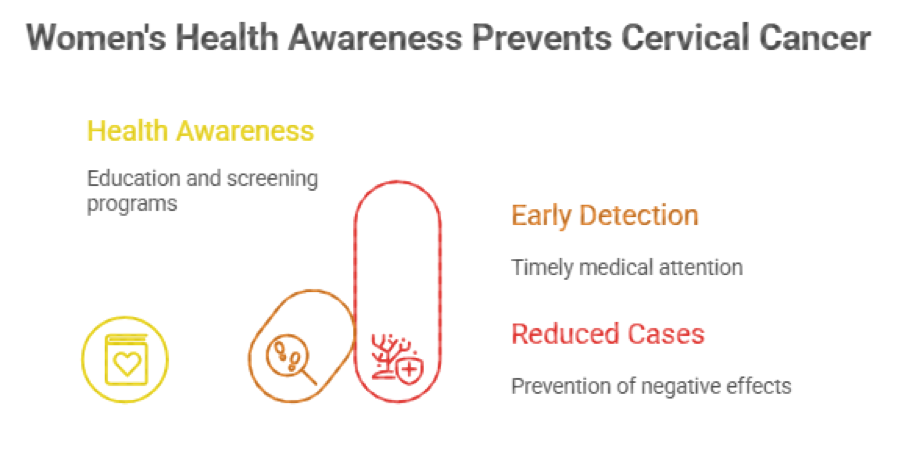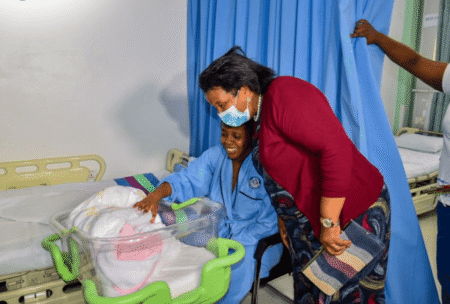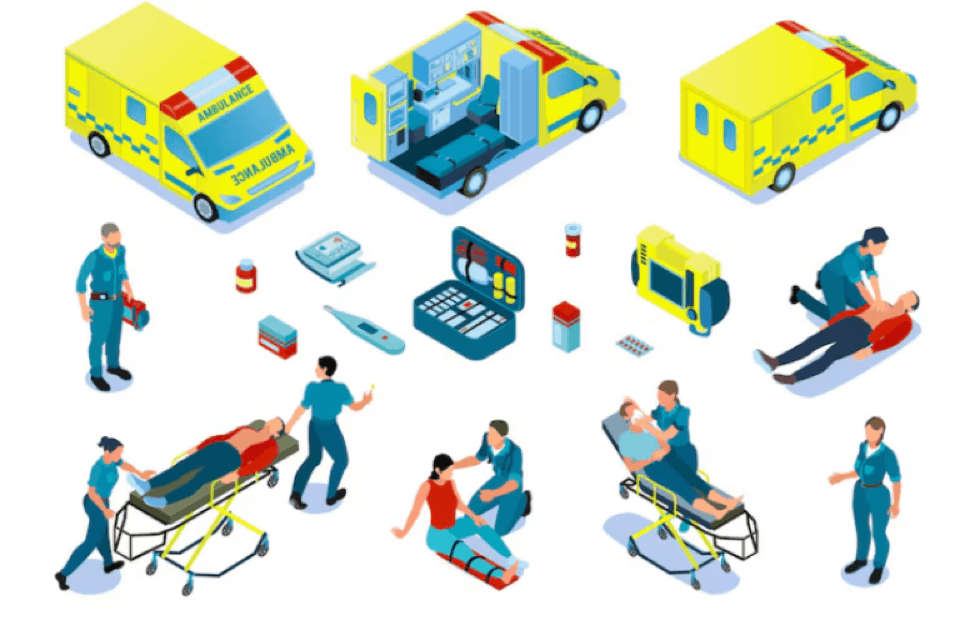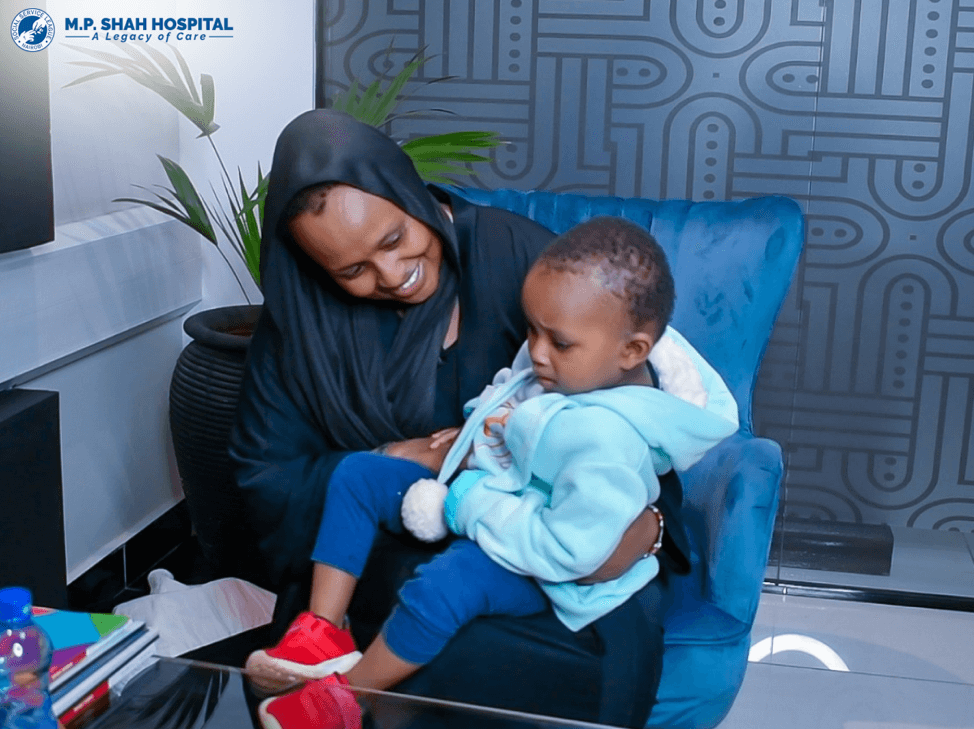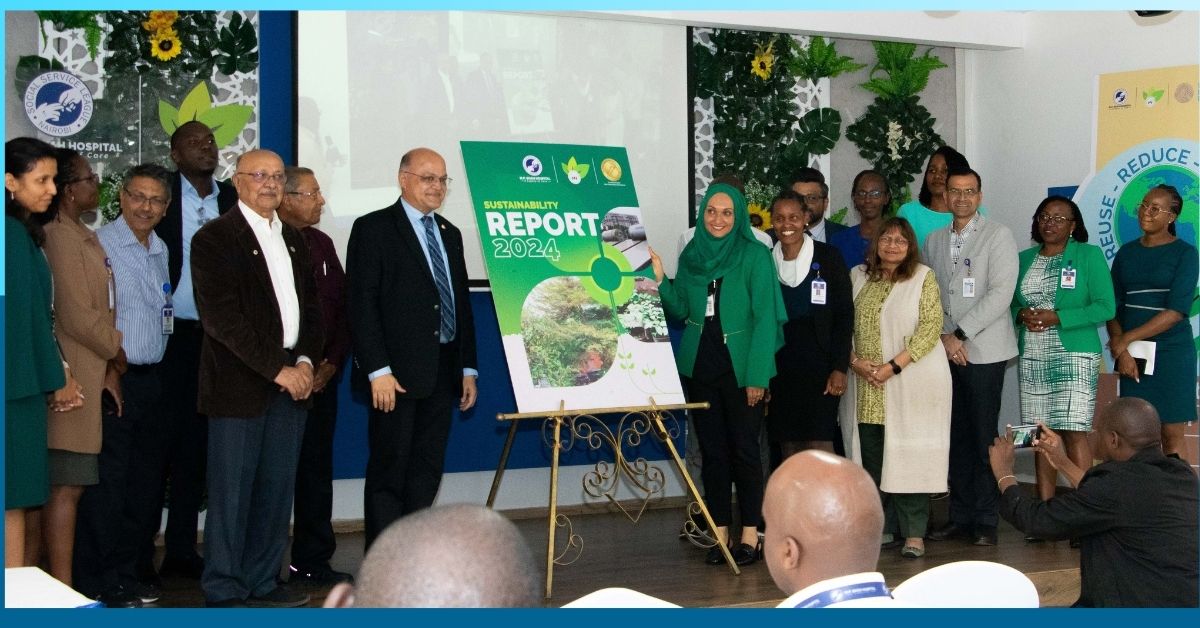
Understanding Surgical Oncology: How Surgery Helps in Cancer Treatment
Surgical oncology is the branch of medicine and a sub-specialty of general surgery that uses surgery to treat patients with cancer.
Approximately 50-70% of cancer patients undergo surgery as either the first-line treatment or as part of a combined treatment that mainly includes chemotherapy and/or radiotherapy.
Cancer management is no longer a ‘one-man’ show, worldwide the practice is to have a multi-disciplinary team of experts such as medical & radio-oncologists, pathologists, radiologists and surgeons that discuss the best treatment plan for each case.
Entails biopsy for diagnosis, staging, port-a-cath placement for chemotherapy, complete removal of tumour and reconstruction of tissues and supportive/palliative treatment in advanced cases. In some scenarios, surgery is used to prevent cancers by removing tissues that have a high potential to develop to cancer such as pre-cancerous polyps in the colon.
Advancements in Surgical Oncology
Minimally Invasive Surgery: This is akin to fixing something inside your house through a small window instead of breaking down the whole wall. Such techniques include endoscopy, laparoscopy and robotic-assisted surgery that offer reduced pain, faster recovery, and smaller or no scars.
Image-Guided Surgery: Enhanced imaging both pre and intra operatively helps surgeons to precisely locate tumours and critical structures.
Sentinel Lymph Node Biopsy: Minimizes the need for extensive lymph node removal, reducing side effects like lymphedema (accumulation of fluid under your skin). For example, Apart from South Africa, M.P. Shah hospital has the only ‘Sentimag’ machine in Sub Saharan Africa that allows for more precise axillary dissection in breast cancer surgery.
Enhanced Recovery After Surgery (ERAS) Protocols: These are standardized treatment guidelines meant to improve patient outcomes through optimized care before, during, and after surgery.
Surgical challenges in cancer patients
Cancer surgery is often complex and involvement of vital structures such as major blood vessels and vital organs greatly makes a surgeon demur. In advanced cases where there is spread to distant organs, surgery may not benefit the patient and only has a palliative (treatment to relieve symptoms when cure is not possible) role to alleviate symptoms. Cancer surgery requires early screening, certain expertise, equipment and other specialized services to give the best chance of cure which is costly and unavailable in many remote areas of East Africa.
Mythos of Cancer
My humble remonstrance is against the misconceptions about cancer in the society. The earlier we detect it, the better the chances of cure. The myth that biopsies make a tumour grow faster or even cause the cancer remains a challenge. Instead, a lesion biopsy helps us get the histopathological diagnosis and allows further evaluation of tumour biology to formulate precision treatment.
The other dilemma is with respect to alternate medicine. There is evidence that apart from a minimal supportive role, it creates a distraction of false hope and delay in the treatment that has a more negative than positive impact on the overall outcome.
Surgical Oncology in the future
There are prospects of ‘Personalized surgery’ that will be guided by genomic and molecular tumor profiling, which is already being applied in chemotherapy with positive results. Artificial intelligence and machine learning are anticipated to improve surgical planning and outcomes. The collective objective should be to achieve access to safe cancer surgery universally especially in low-resource settings.
Dr. Sameer M. Pandya
Surgical Oncology, Laparoscopic & Endoscopic Surgeon
HOD Surgery & Anaesthesiology
M. P. Shah Hospital



